Saint Petroc was the son of a wealthy noble Welsh king (King Glywys of Glywysing) who upon his father’s death declined the throne and instead dedicated his life to the Lord. Petroc, and approximately sixty of his noble friends, became monks, traveling to Ireland, where they remained in study for nearly 20 years. Writings from that time describe Petroc as being "handsome in appearance, courteous in speech, prudent, simpleminded, modest, humble, a cheerful giver, burning with ceaseless charity, always ready for all the works of religion because while still a youth he had attained by watchful care the wisdom of riper years.”
Following their studies, Saint Petroc and his companions returned to Wales, sailing for Cornwall. Upon landing, and giving thanks to God, they group encountered a hermit, who refused their request for drinking water, suggesting they find it themselves. Petroc, striking the ground three times and looking to God, miraculously caused a clear, fresh spring to flow forth, providing drinking water not only for the group of monks, but also for the hermit.
The group continued traveling, arriving at the monastery at Llanwethinoc (now Padstow), where Petroc took a cell and led the religious community. During this time, the monastery grew, and Petroc traveled throughout England and Wales, working miracles and converting many. For thirty years "he so afflicted his flesh with vigils and cold that for the curbing of illicit impulses of seething pleasure he very often spent the night in the middle of a torrent from cock-crow until dawn." He ate nothing but bread except on Sundays, when "for the sake of reverence of the resurrection by the Lord, he modestly tasted some little condiment.” On one occasion, after predicting the weather, legend tells us, Petroc was overcome with humility at having dared try to anticipate the Lord’s plan, and set off on solitary pilgrimage for seven years. His travels, during this time of reparation, led him to Rome, India, and many other remote regions, holy legend suggests. He lived for some time in India, during which the Lord fed him with fish, and angels brought him counsel. During this time of solitude, Petroc is said to have befriended and tamed a wild wolf, with whom he returned to Wales.
Upon returning to Cornwall, having been warned by an angel that he was needed there, Petroc worked many miracles. He healed the sick by touching their garments, saved harvests by creating springs, and convinced a dragon from the region that was terrorizing the people to leave. As legend tells us, this huge dragon had a splinter stuck in it’s eye, and hearing of Petroc’s ability to hear, traveled to the monastery, putting aside it’s ferocious ways "and, with bowed head, for three days lay first on the threshold, awaiting the miracles of God.” At Petroc's command, the dragon was "sprinkled with a sprinkling made with water mixed with the dust of the pavement.” And immediately "the wood being removed from his eye, he was healed, wonderful thing!" The dragon left the village alone and "returned to his solitary wallow.”
Perhaps the most well-known legend of Saint Petroc concerns his harnessing of the dragon-serpent, Tregeagle, an evil man who had been consumed by his sin and changed into a horrible, wailing monster. As John Penware wrote, “In Cornwaile's fair land, bye the poole on the moore. Tregeagle the wicked did dwell.” Per the legend, Saint Petroc forged a golden girdle—each link made by hand and sealed with a prayer—which he wrapped around the vicious monster, chaining him to the coast and forcing the beast to carry sand and rake the rugged shore for eternity, thus saving the people.
The tale of Tregeagle remains told today, with his mournful wailing heard and reported throughout Wales. As Robert Hunt edited: WHO has not heard of the wild spirit Tregeagle? He haunts equally the moor, the rocky coasts, and the blown sand-hills of Cornwall. From north to south, from east to west, this doomed spirit is heard of, and to the day of judgment he is doomed to wander, pursued by avenging fiends. For ever endeavoring to perform some task by which he hopes to secure repose, and being for ever defeated. Who has not heard the howling of Tregeagle? When the storms come with all their strength from the Atlantic, and urge themselves upon the rocks around the Land's End, the howls of the spirit are louder than the roaring of the winds. When calms rest upon the ocean, and the waves can scarcely form upon the resting waters, low wailings creep along the coast. These are the wailings of this wandering soul. When midnight is on the moor or on the mountains, and the night winds whistle amidst the rugged cairns, the shrieks of Tregeagle are distinctly heard. We know, then, that he is pursued by the demon dogs, and that till daybreak he must fly with all speed before them. The voice of Tregeagle is everywhere, and yet he is unseen by human eye. (Popular Romances of the West of England, 1903)
Less fantastical, Saint Petroc is also credited with converting King Constantine, who ruled Wales at the time. As legend tells us, one afternoon while Petroc was praying in his cell, a deer appeared, nuzzling him, and hiding beneath his robes. Soon thereafter, a huntsman followed, and through conversation and protection of the deer (as well as healing of a wounded arm), the huntsman was brought to Christ. As it turned out, the huntsman was the king, whose conversion led to the conversion of many in Wales.
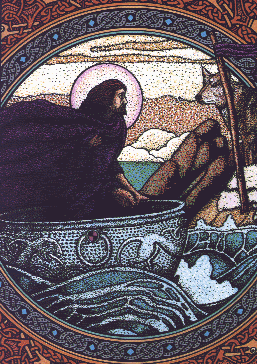 Later in life, Saint Petroc left the monastery, embarking on a hermit’s life, living alone, communing with the Lord in prayer and fasting, and engaging in self-deprivation and mortification. Despite his hermit-like ways, he felt called to establish another monastery at Bodmin—Bothmena Monastery (Abode of the Monks), and receiving permission to do so, developed a thriving monastic community there. For the remainder of his days, Saint Petroc continued to travel occasionally to visit the many religious communities he founded, and during one such journey, died peacefully surrounded by his companions. His relics are entombed in an ivory casket at the monastery in Bodmin, where they are venerated today.
Later in life, Saint Petroc left the monastery, embarking on a hermit’s life, living alone, communing with the Lord in prayer and fasting, and engaging in self-deprivation and mortification. Despite his hermit-like ways, he felt called to establish another monastery at Bodmin—Bothmena Monastery (Abode of the Monks), and receiving permission to do so, developed a thriving monastic community there. For the remainder of his days, Saint Petroc continued to travel occasionally to visit the many religious communities he founded, and during one such journey, died peacefully surrounded by his companions. His relics are entombed in an ivory casket at the monastery in Bodmin, where they are venerated today.Inspired by the origins and spiritual history of the Holy Rosary, we continue our meditation on the psalms, one each day, in order, for 150 days. Many of the prayer requests I receive are for individuals who are sick, suffering, or struggling with medical conditions and diagnoses. Today's psalm reminds us in a powerful way that the Lord looks after the sick, healing and restoring body and soul!
Today’s Psalm: Psalm 41: Thanksgiving after Sickness
1 Blessed is he who has regard for the weak;
the LORD delivers him in times of trouble.
2 The LORD will protect him and preserve his life;
he will bless him in the land
and not surrender him to the desire of his foes.
3 The LORD will sustain him on his sickbed
and restore him from his bed of illness.
4 I said, "O LORD, have mercy on me;
heal me, for I have sinned against you."
5 My enemies say of me in malice,
"When will he die and his name perish?"
6 Whenever one comes to see me,
he speaks falsely, while his heart gathers slander;
then he goes out and spreads it abroad.
7 All my enemies whisper together against me;
they imagine the worst for me, saying,
8 "A vile disease has beset him;
he will never get up from the place where he lies."
9 Even my close friend, whom I trusted,
he who shared my bread,
has lifted up his heel against me.
10 But you, O LORD, have mercy on me;
raise me up, that I may repay them.
11 I know that you are pleased with me,
for my enemy does not triumph over me.
12 In my integrity you uphold me
and set me in your presence forever.
13 Praise be to the LORD, the God of Israel,
from everlasting to everlasting.
Amen and Amen.
Day 155 of 365
Prayer Intentions: Humility, Obedience, Service.
Requested Intentions: Vocational security for family, Financial security for daughter beginning college (M); Vocational guidance, courage and strength (I); Reconciliation of a relationship (M); Strength, financial security, motivation, repose of a loved one (V); Recovery of left shoulder fracture (E); Financial recovery (A); The repose of a lonely soul (L); Health for an ailing nephew (A); Those suffering from depression (J); Successful conception of a child (D); Successful adoption (S); Healing of a father battling cancer (S).
Psalm: Psalm 41: Thanksgiving after Sickness







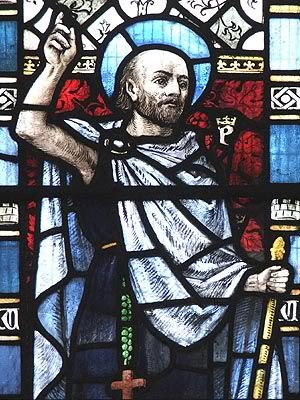
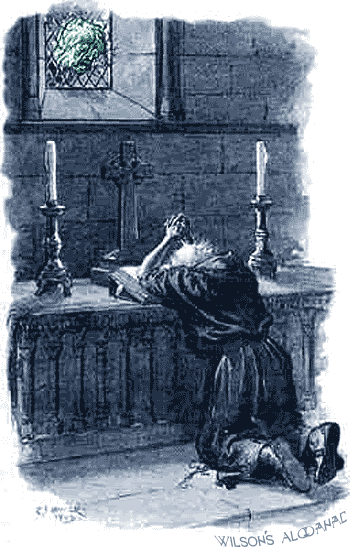
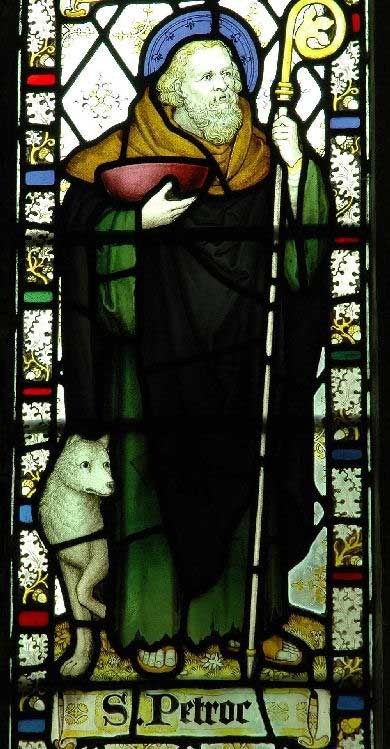
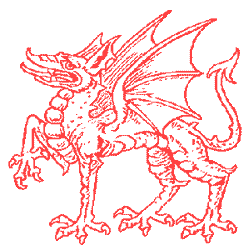
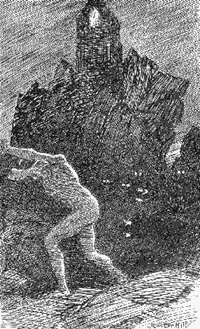
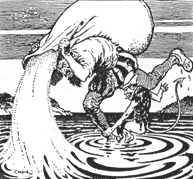
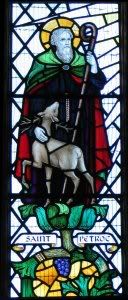
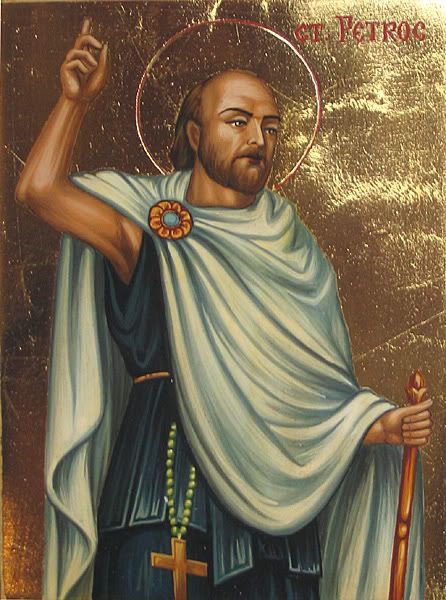
0 comments:
Post a Comment
Thanks for leaving a comment. If you wish to submit a prayer request, however, please do so above, using the "Contact" tab.